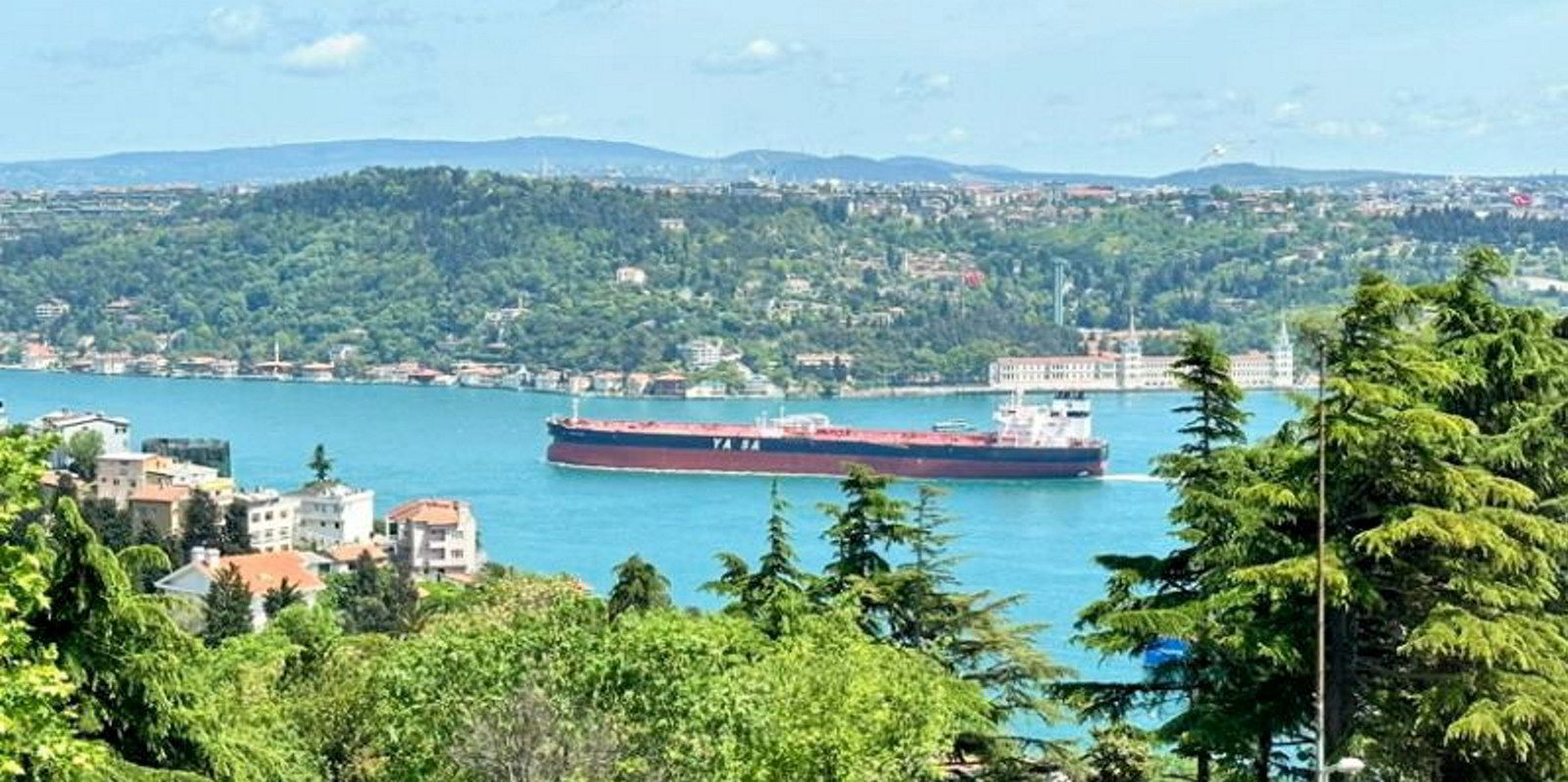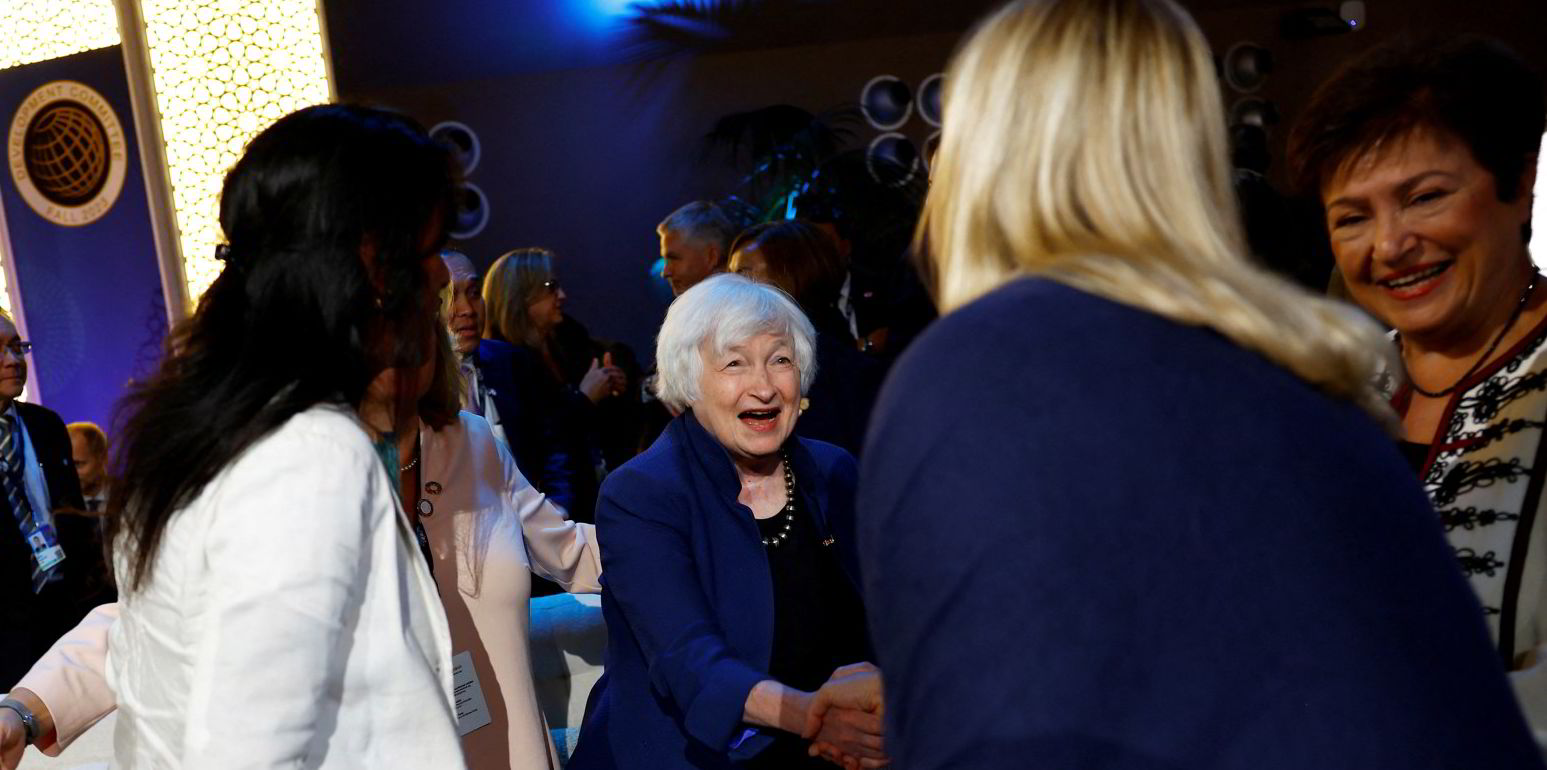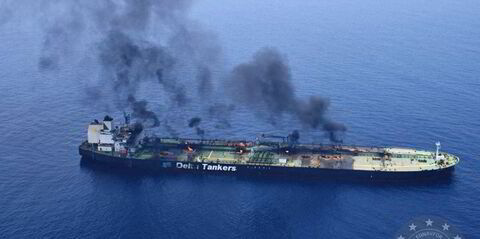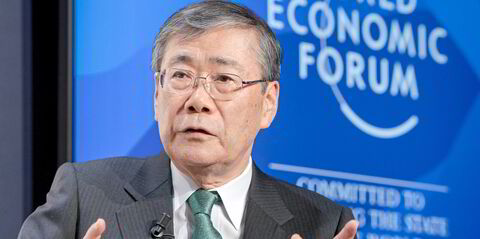The Biden administration has slapped sanctions on tankers and their registered owners for violating the oil price cap.
But Yasa Holdings principal Emirhan Sabanci told TradeWinds that his company’s vessel was wrongly targeted.
The US Treasury Department’s Office of Foreign Assets Control (Ofac) put the 157,300-dwt suezmax tanker SCF Primorye (built 2009) and Dubai-based registered owner Lumber Marine on its blacklist.
Shipping databases list the vessel as controlled by Russian shipping giant Sovcomflot (SCF Group) through its Sun Ship Management division in the United Arab Emirates.
Also added to the list was the 116,000-dwt Yasa Golden Bosphorus (built 2007) and its registered owner, Ice Pearl Navigation.
The ship is ultimately controlled by Yasa Holding subsidiary Yasa Shipping, one of Turkey’s largest shipowners.
Both ships are accused of carrying Russian oil that was traded above the price cap. The rule is part of sanctions agreed by the US with the G7 group of nations, the European Union and Australia that allows shipping to engage in Russian oil trades in a way that seeks to prevent Moscow from profiting from its invasion of Ukraine.
The Treasury Department said the SCF Primorye carried oil from Novy port in northern Russia despite a $75-per-barrel price tag, above the cap of $60.
SCF could not be immediately reached for comment.
The Yasa Golden Bosphorus, meanwhile, is accused of carrying Eastern Siberia Pacific Oil priced above $80.
“Ofac is also aware of reports that Eastern Siberia Pacific Oil and other crudes exported via Pacific ports in the Russian Federation, such as Kozmino, may be trading above the price cap and may be using covered services provided by US persons,” the Treasury Department said. “Ofac continues to monitor this activity closely.”
Sabanci denied the claim, saying he is “disappointed” by Ofac’s decision.
Reached by phone after the Treasury Department announcement, he said the ship has never carried Russian oil above the price cap.
When the Yasa Golden Bosphorus carried out its Russian voyage, the company had attestations from charterers stating that the oil price was below the cap, as required by the sanctions, Sabanci said. And it had approval from the ship’s protection and indemnity insurer, as well as the provider of its hull and machinery cover.
“At the moment we are not carrying any Russian oil,” he said.
Sabanci said the company had no warning from Ofac that the tanker would be blacklisted, and Yasa plans to challenge the decision.
“This is going to be rectified,” he said.

“If Ofac wants, I can provide all the price cap letters signed by charterers” and approvals by insurers.
The Sabanci family is a well-known business clan in Turkey, with a dozen listed companies making up the country’s second-largest conglomerate.
The Yasa Holding principal also noted that it has a book of chartering customers that includes major US oil companies.
The Yasa Golden Bosphorus, for example, is on a three to five-month charter to ExxonMobil. The Marshall Islands-flag tanker has insurance from Britannia P&I and is classed by Japan’s ClassNK, according to Equasis.
US officials said the new blacklisting showed Washington’s commitment to remaining vigilant on the price cap.
“Today’s action demonstrates our continued commitment to reduce Russia’s resources for its war against Ukraine and to enforce the price cap,” said deputy treasury secretary Wally Adeyemo.
“We remain committed to implementing a price cap policy that has two goals: reducing the oil profits upon which Russia relies to wage its unjust war against Ukraine; and keeping global energy markets stable and well supplied despite turbulence caused by Russia’s unprovoked invasion of Ukraine.
“We will continue to take actions to achieve these two goals.”





